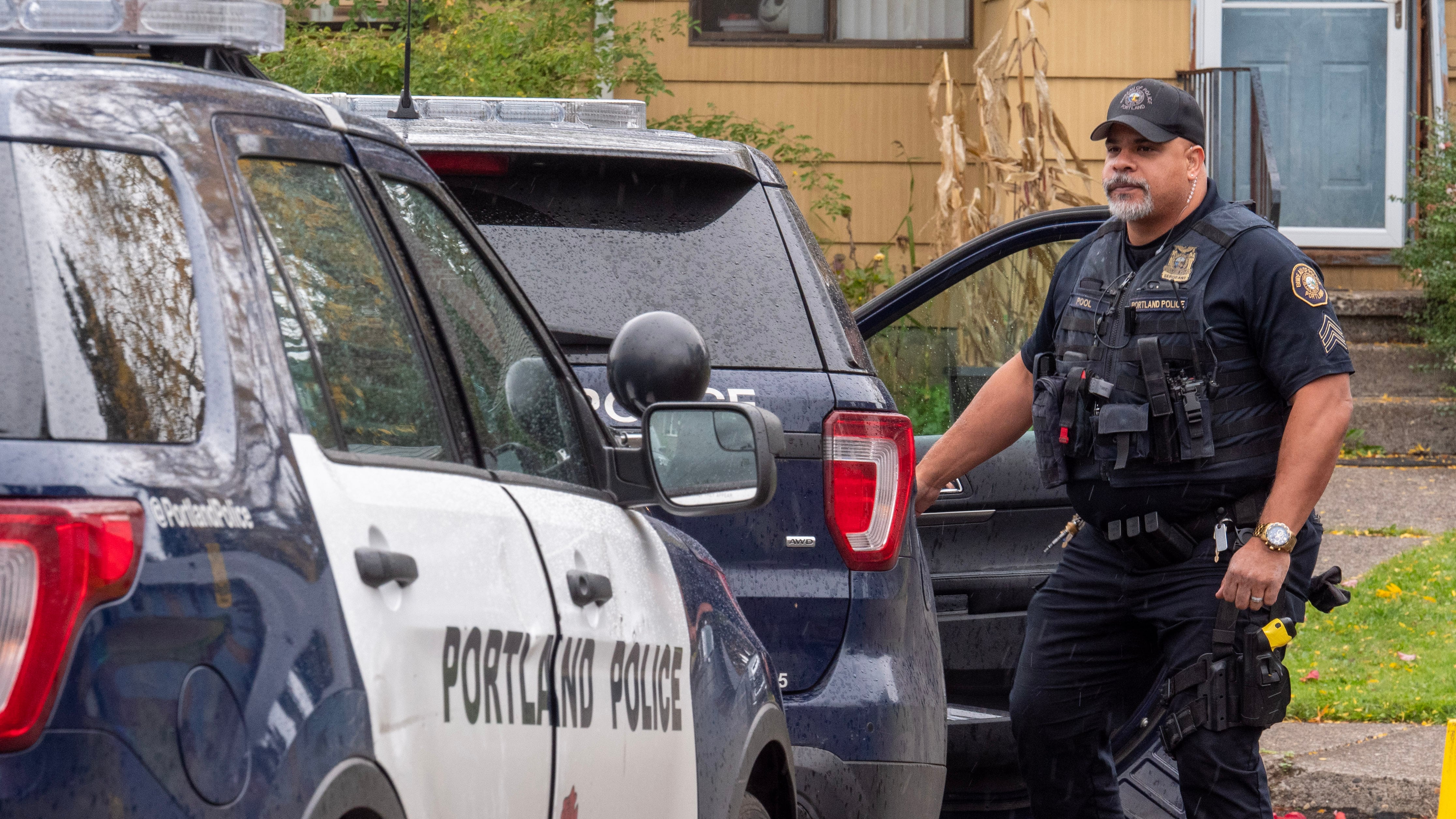BILL OF THE WEEK: Senate 614
In Portland, police body-worn cameras are like the Rapture, or a Trail Blazers championship parade: long-promised, of great interest, and always just around the corner. But with the Portland Police Association and City Hall seemingly close to an agreement on policies describing how the cameras would be used (“Instant Replay,” WW, March 22), the city of Portland has gone to Salem seeking to amend the state law governing a very important point: when officers can activate their body cameras.
CHIEF SPONSORS: State Sens. Chris Gorsek (D-Troutdale) and James Manning (D-Eugene). Both are former police officers.
WHAT IT WOULD DO: SB 614 would allow what the Portland City Attorney’s Office calls “buffering.” Oregon law currently allows police officers to turn on their body cameras when they have probable cause or reasonable suspicion to believe a crime has occurred or might occur. The bill would create an exception to current law and allow police to turn their cameras on earlier, prior to developing probable cause or reasonable suspicion.
Critics worry the bill conflicts with fundamental Oregon civil rights law (ORS 181A.250) dating from 1981. That law prohibits police from gathering and maintaining information about people’s political, social or religious views without probable cause to believe a crime has occurred.
PROBLEM IT SEEKS TO SOLVE: In testimony, Mike Porter, a deputy attorney for the city of Portland, described the bill as simply the modernization of old legislation that would offer greater flexibility, context and transparency for police interactions with the public. Porter said officers may want to turn on their cameras in anticipation of something that might occur, or to document another officer’s misconduct, but would be prohibited from doing so by current law. By collecting “buffering” footage, which could be deleted if nothing untoward occurs, Porter said, police could document their work more fully.
WHO SUPPORTS IT: The Oregon State Sheriff’s Association and the Oregon Association Chiefs of Police. There has been limited public testimony on the bill, but former Marion County Sheriff Jason Meyers, who testified on behalf of both groups, said they would like to see greater clarity in the bill, which a subsequent amendment accomplished.
WHO OPPOSES IT: The Oregon Trial Lawyers Association and the ACLU of Oregon. Both groups have expressed concerns that allowing officers to turn their cameras on earlier will allow them to collect and store information that infringes on the civil liberties of protesters and others who are acting lawfully.
ACLU legal director Kelly Simon says the bill would massively expand what officers can record because it allows them to film for “any other lawful purpose,” which Simon says is undefined and broad. Simon notes that major law enforcement agencies, such as the Oregon State Police, have been using body cameras for years under the current restrictions without major problems.
Simon adds: “Oregon does not need a body camera exception to ORS 181A.250,” the law that prohibits gathering social, religious or political information without probable cause. “This bill is disheartening.”

